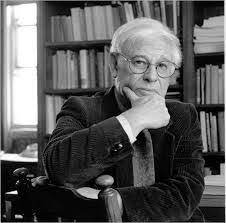Apter, E. David

Bio: (1924-2010) American political scientist and sociologist. David Apter has taught at Northwestern University, Chicago, California, and Yale. He has conducted extensive field research to study development, modernization, democratization, and political violence in Africa, South America, Japan, and China. In the early 1960s, Apter focused on social change and modernization, primarily in the context of sub-Saharan Africa. For Apter, modernization is a special case of social development. He explores which aspects of tradition in a country can slow or accelerate the modernization of society. Unlike other modernization theorists, he does not view this process as straightforward and uniform but believes that it is necessary to adapt the modernization process to the local context. In this context, he explores alternative ways of modernization in different countries. However, no matter what the context, successful modernization always requires a social system capable of innovation, as well as a highly differentiated social structure.
Fields of research
Aggression Conflict Democracy Innovation Modernity and Modernization Protests State Tradition ViolenceTheoretical approaches
Modernization TheoryMain works
The Gold Coast in Transition (1955);
Ghana in Transition (1963);
The Politics of Modernization (1965);
Choice and the Politics of Allocation: A Developmental Theory (1971);
Political Change (1973);
Against the State: Politics and Social Protest in Japan (1984);
Rethinking Development: Modernization, Dependency, and Post-Modern Politics (1987);
Political Development and the New Realism in Sub-Saharan Africa (1993);
Revolutionary Discourse in Mao's Republic (1994);
Political Protest and Social Change (1996);
The Legitimization of Violence (1997);
The New Europe and the Politics of Exclusion (1998).

